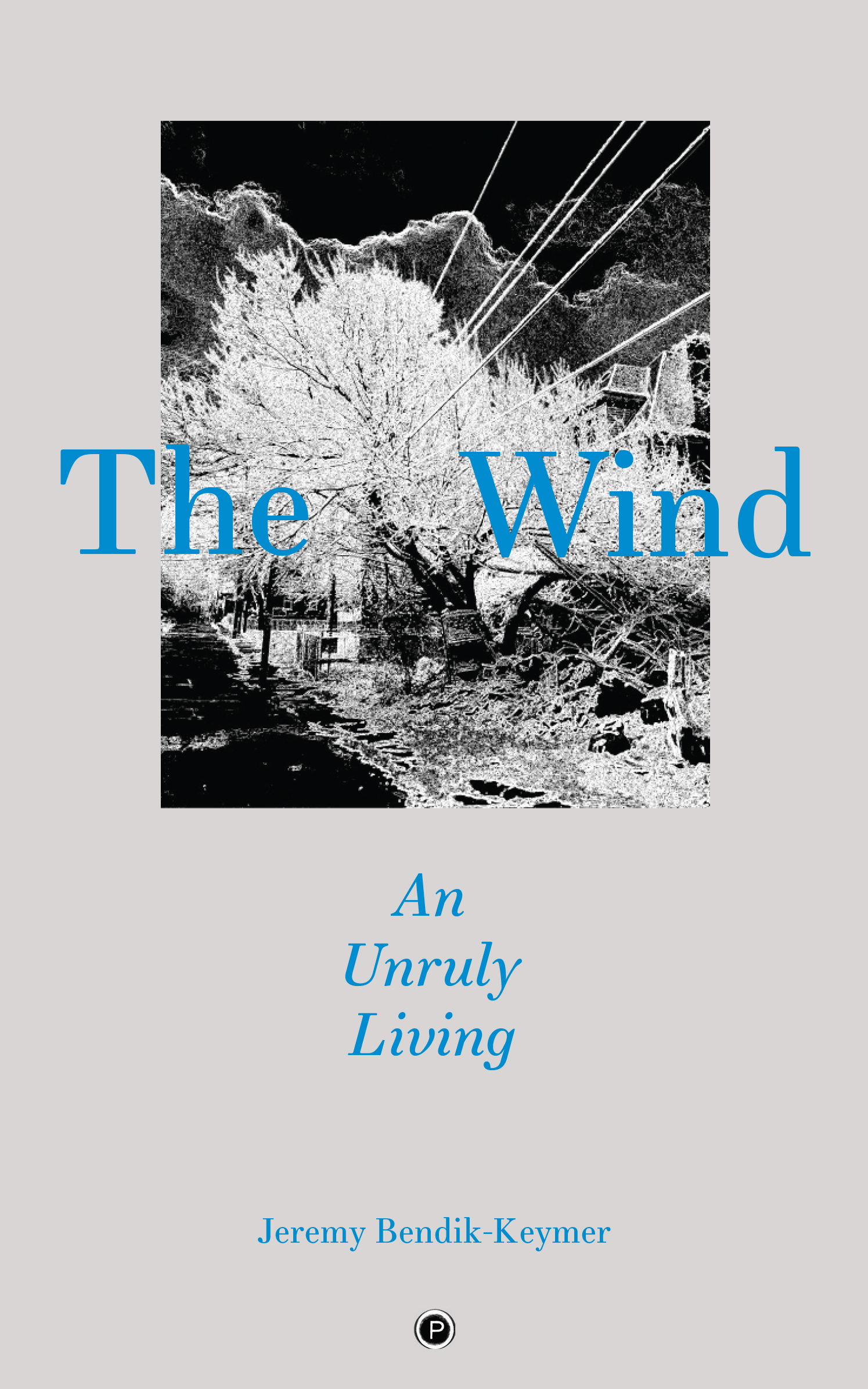 The Wind ~ An Unruly Living by Jeremy Bendik-Keymer
The Wind ~ An Unruly Living by Jeremy Bendik-KeymerISBN: 978-1-947447-9-50
Publication Date: 2018-12-14
A process begun in Pisa, Italy in April of 2016 during a workshop on political theory in the Anthropocene, The Wind ~ An Unruly Living is a philosophical exercise (askêsis, translated, following Ignatius of Loyola, as “spiritual exercise”). In his exercise, Bendik-Keymer throws to the void: the ideology of self-ownership from a society of possession. By using the Stoic kanôn, the rule of living by phûsis, he follows an element. Unhappily for the Stoic and happily for us, the wind is unruly. A swerve of currents through a social fabric, it’s full of holes, all holely. Stretch and stitch as you want, it might settle more shapely tattered into light, but it will never become whole. The wind’s only holesome.
 Jeremy David Bendik-Keymer
Jeremy David Bendik-Keymer  The Wind ~ An Unruly Living by Jeremy Bendik-Keymer
The Wind ~ An Unruly Living by Jeremy Bendik-Keymer